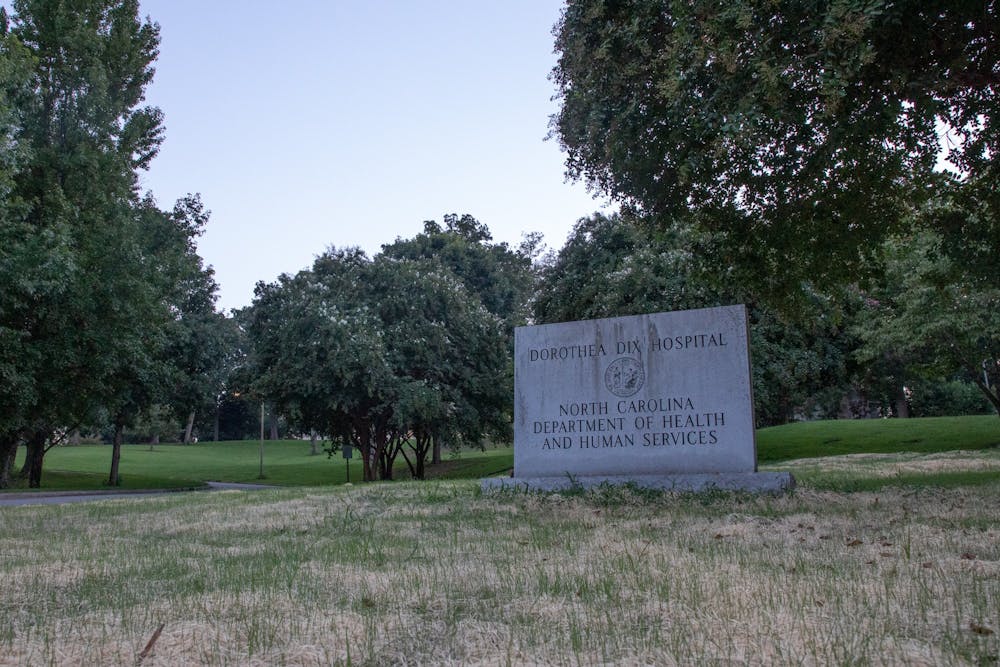On Oct. 4, the Freedom House Recovery Center received over $1 million in funding to increase the availability of recovery services for individuals with substance use disorders.
The North Carolina Department of Health and Human Services provided nearly $4 million in grant funds to eight community-based organizations across the state.
Each organization will use the money to expand both resources and accessibility provided by Certified Peer Support Specialists.
As a part of the North Carolina Certified Peer Support Specialist Program, peers provide support to individuals on the road to recovery from substance use disorders or mental illness through their own lived experiences.
“Honestly, we feel very honored,” Joyce Harper, CEO and executive director of Freedom House Recovery Center, said. “The grant will allow us to expand our peer support services so that we could provide services to individuals who are in any various stages of recovery.”
Freedom House is one of the largest behavioral health care centers in the region that focuses on person-centered care for all ages, according to their website.
Harper said the organization offers resources to individuals who might be forgotten by the world because they have a mental health diagnosis or because they struggle with a substance use problem.
“When you have support and you have someone who has been in your shoes come alongside you, help you, coach you, train you and encourage you, it makes a big difference,” Harper said. “That's what peer support does for individuals in recovery.”
The County Criminal Justice Resource Department works with clients in Orange County with deflection and diversion from detention centers. They also help those who have been incarcerated or are reentering society with substance use disorders.




